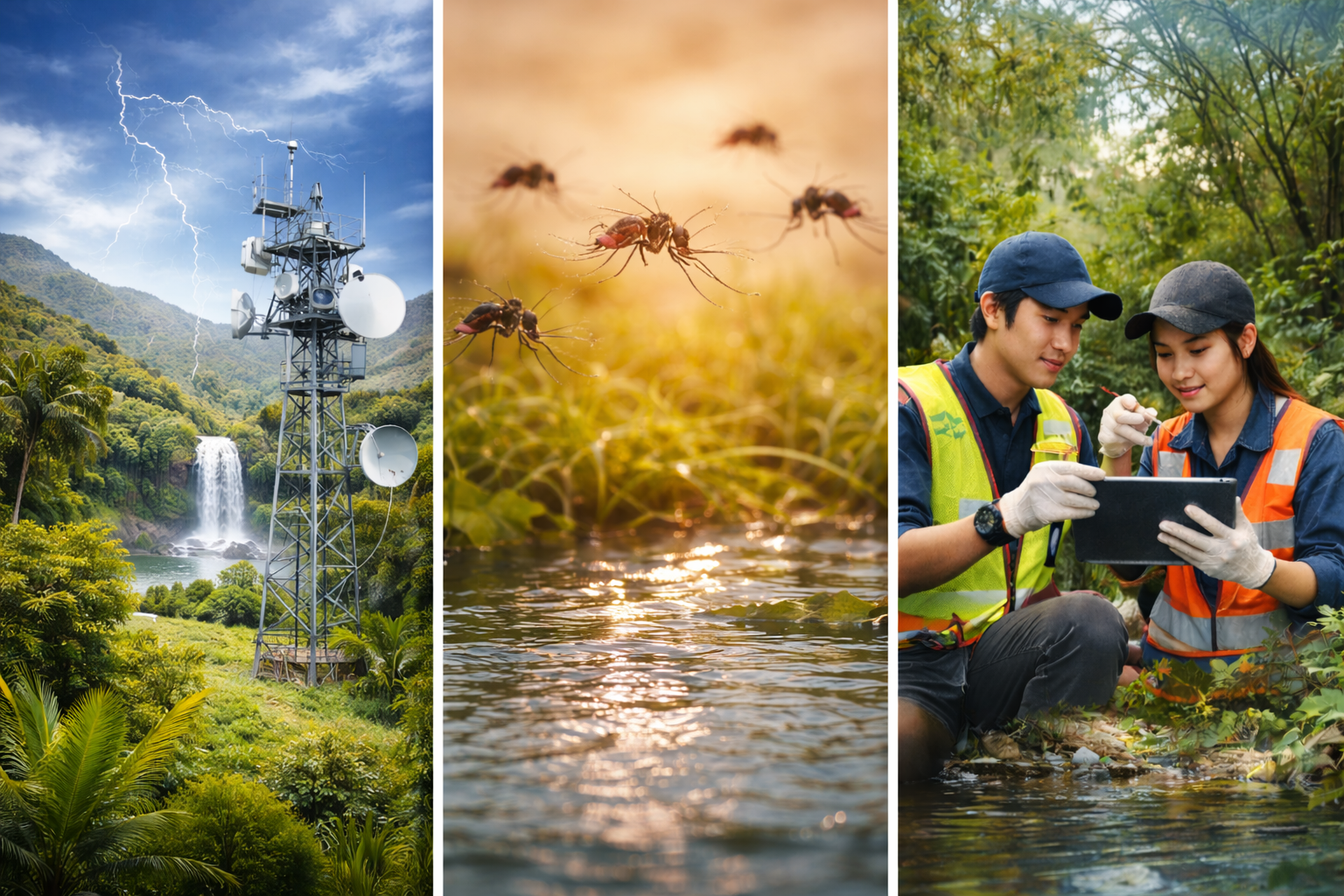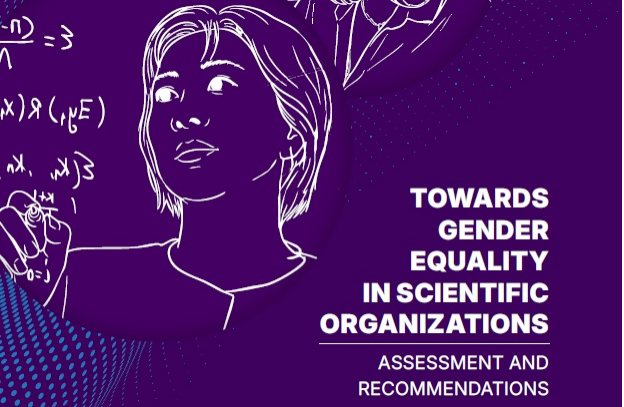Julie Calkins, currently based at UK Collaborative on Development Sciences (UKCDS), a group of 14 UK government departments and research funders working in international development, writes on the links between disaster risk reduction and a better science base for decision-making and action.

Julie was a member of the delegation, led by ICSU and IRDR, that articulated the views of the Major Group Science and Technology at the PrepCom meetings at the UN in Geneva, in preparation for the 3rd World Conference on Disaster Risk Reduction in Sendai , Japan in March 2015.
“Embedding science into the heart of the post-2015 framework for DRR is key to improving the current situation. Hopefully by improving coordination and working as a partner alongside Member States to develop solutions, science can help to overcome the existing barriers,” Julie said in the article.
Read more about her article “Science is key to achieving disaster risk reduction, transformative development and resilience for life” here.





